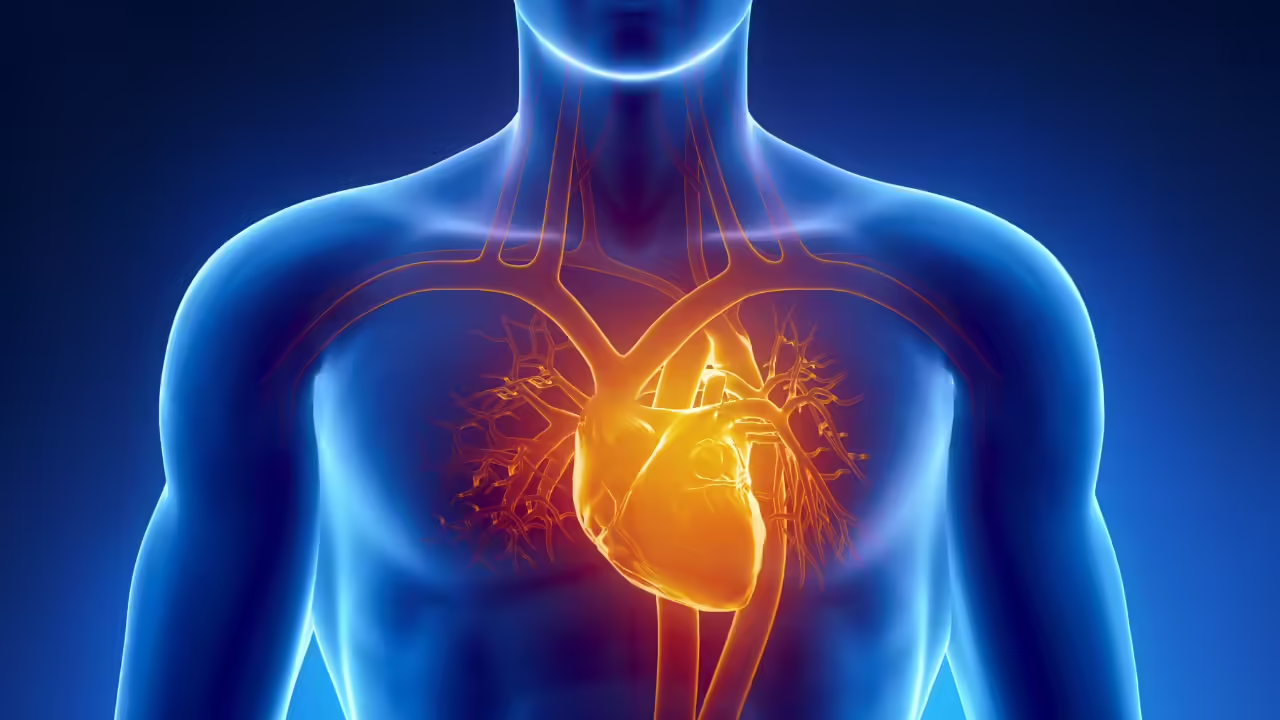It is a familiar scenario: a woman, usually calm and composed, suddenly snaps on her partner over something trivial. Although it may seem like only mood swings, there is science behind this behavior. A study published in Nih Found that almost 49% of women experience premenstrual syndrome (PMS), a condition that significantly affects their emotional condition. The research revealed that women with PMS received higher grades on measures of constant anger, suppressed anger (anger) and expressed outward anger (anger), while their ability to control anger was particularly lower compared to those without PM.These findings indicate that hormonal fluctuations during the menstrual cycle can intensify emotional answers, making women more likely to irritability and anger. Understanding this connection is crucial for partners to offer necessary support and empathy during this time. Being aware of the causes behind PMS-related mood swings can improve communication and reduce misunderstandings in relationships.
Understand why women become annoyed during periods
Premenstrual syndrome (PMS) includes a number of physical, emotional and behavioral symptoms that occur in the luteal phase of the menstrual cycle, usually during the two weeks leading up to menstruation. Although many are aware of the physical discomfort associated with PMS, the emotional toll, including irritability and anger, is equally significant.The study emphasizes that women with PMS exhibit higher levels of anger and reduced anger control. During this period, women can find it more challenging to manage their emotions, which may explain why they are easily annoyed with their partner.
How hormonal changes cause women to become annoyed during periods
Hormonal fluctuations during the menstrual cycle, especially changes in estrogen and progesterone, affect neurotransmitters in the brain that regulate mood. Lower levels of serotonin, an important mood -regulating chemical, have been linked to increased irritability and mood swings. These chemical changes can make women more sensitive and reactive and explain increased irritability during periods.
How communication helps when women become annoyed during their periods
Understanding the hormonal reasons behind PMS-related irritability can help couples communicate more effectively. Instead of seeing mood swings as personal attacks, partners can approach situations with empathy and patience. Open communication, such as expressing the need for space or support, can prevent conflicts and reduce stress.
Handling strategies for women who become annoyed during periods
There are practical strategies that can help manage PMS-related irritability:
- Exercise regularly: Physical activity increases serotonin levels and improves mood.
- Keep a balanced diet: complex carbohydrates, lean proteins and healthy fats stabilize blood sugar and mood.
- Make sure adequate sleep: 7-9 hours of sleep quality supports the hormone balance.
- Practice stress management: Yoga, meditation or deep breathing can reduce emotional reactivity.
- Search professional support: Healthcare providers can offer treatment options, including advice or medication for serious symptoms.
When women seek medical attention for irritability during periods
While PMS is common, severe symptoms may indicate premenstrual dysphoric disorder (PMDD). This condition includes intense mood swings, irritability and depression that disturbs daily life. Women who experience extreme irritability or anger that affect relationships or work should consult a healthcare professional for evaluation and treatment.Understanding the emotional challenges of PMS helps promote empathy and support in relationships. Irritability during menstruation is often driven hormonal and partners can respond with patience and understanding. Implementing handling strategies and maintaining open communication can help couples navigate in this period together, strengthen their bands and improve the total well -being.Disclaimer clause: This article is only for general information purposes and does not replace professional medical advice, diagnosis or treatment. Always seek guidance from a qualified healthcare provider regarding any medical conditions or lifestyle changes.Also read | Cracking Your Back Safe: Science explains the risks and relief





